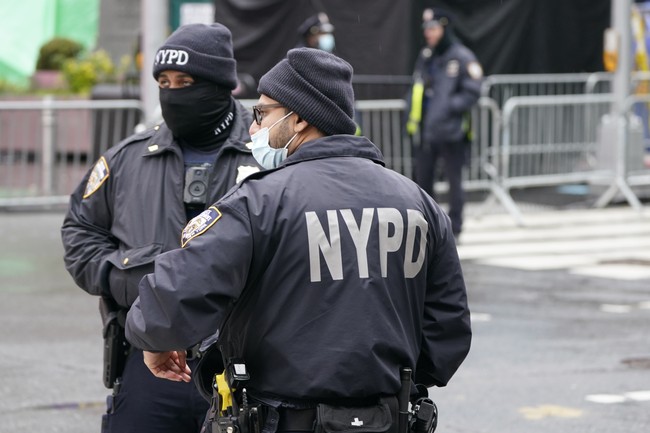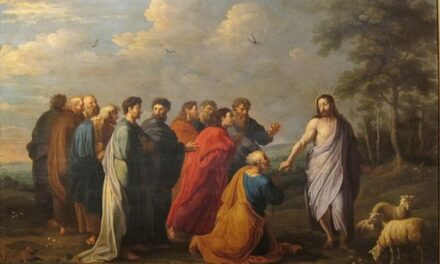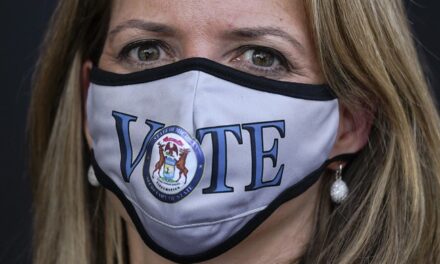We support our Publishers and Content Creators. You can view this story on their website by CLICKING HERE.

This concept may be unfamiliar to some readers who don’t have relatives or close friends serving on the police force but it happens all over the United States. Police Unions, including those representing the officers in the NYP, issue what are known as “courtesy cards” to officers. They are emblazoned with a police officer’s badge and display the name of the union that issued them. The officers can then distribute them to friends, family members, or even people they are seeking favors from. If the recipient gets pulled over or detained for a relatively minor infraction, they can present the card to the officer who nabbed them and typically be let off with a “warning” rather than receiving a ticket or a fine. One NYPD officer found this practice to carry the stench of corruption and refused to honor the cards. He was then the subject of significant backlash and wound up suing the city. This week, he prevailed in his lawsuit and was awarded a $175,000 settlement for his trouble. (Associated Press)
Advertisement
A New York City police officer has reached a $175,000 settlement with the city in a lawsuit that illuminated the use of the “courtesy cards” that officers dole out to friends and relatives to get out of traffic stops and other minor infractions, according to an agreement filed in Manhattan federal court Monday.
The deal brings an end to a lawsuit brought last year by Officer Mathew Bianchi that claimed he’d been punished by his superiors for failing to honor the cards, though the settlement itself makes no substantive changes to how the cards are used by NYPD officers.
The laminated cards, which typically bear an image of an NYPD badge and the name of one of the city’s police unions, are not officially recognized by the police department but have long been treated as a perk of the job.
This may seem like “no big deal” to many people, but it’s a rather thorny issue for me. I come from a family that not only includes many veterans, but a fair number of police officers as well. (Transitioning from military police service to the police academy in civilian life is generally a fairly smooth process.) As such, I also didn’t see this practice of handing out courtesy cards as a major issue. After all, we’re all just one, big, happy family, right? Why shouldn’t the family members of those who serve the public for unimpressive wages catch a break? And yes, I will confess to having had a couple of these cards in my younger years.
But Officer Bianchi makes a very valid complaint in his lawsuit and in the choices he made when refusing to honor the cards when they were presented to him. Some may ask what the problem is. After all, these cards are completely unofficial and totally off the books. Anyone cop can refuse to honor them, right? Not really. Bianchi found himself transferred to a night shift patrol beat and nearly all efforts to advance his career further were stymied. His supervisors made no secret of the reason, either. He had “broken the code” inside the band of brothers in blue.
Advertisement
Bianchi describes the cards as a form of corruption. Even though he won his lawsuit, neither the NYPD nor the unions are even suggesting that they plan to make any changes to the system. His settlement of $175,000 won’t come as much comfort since that’s not even two years’ salary for an officer at his level. And he’s still not expecting to see any upward mobility in his career.
This really is a form of corruption. We expect police officers to follow the law as well as enforce it. If you are pulled over for doing 65 mph in a 60 mph zone, you’ll usually get off with a warning. But I’ve heard enough stories of people getting pulled over doing 75 and still being let go if they had a courtesy card. Why should someone else have to go to traffic court and miss work or mail in a hefty fine while you get off scot-free just because you know or are related to a cop? We hear a lot of talk about equal justice under the law these days, particularly under the current administration. These cards do not represent equal justice under the law. They speak to favoritism and exclusion being exercised by those who serve on the front lines of ensuring that such equality is available to all lawful citizens. That leaves the question of what to do about it. The answer is apparently “nothing” because those who make and enforce the rules wind up being able to determine on the fly whether those rules will be enforced against you. And that’s simply not right.

 Conservative
Conservative  Search
Search Trending
Trending Current News
Current News 







